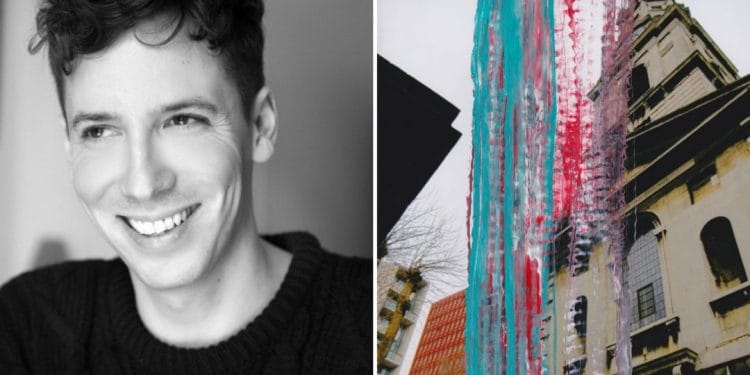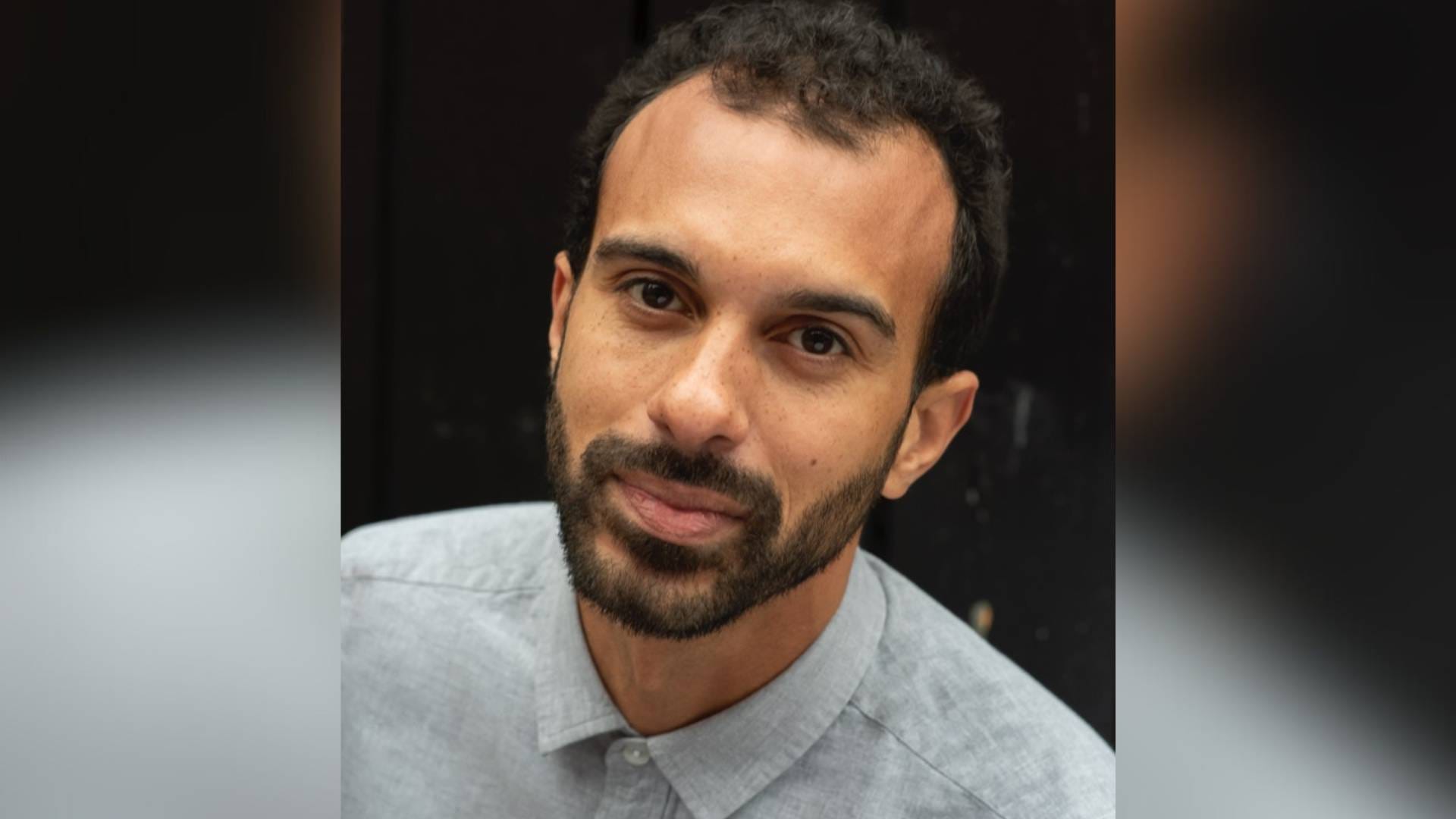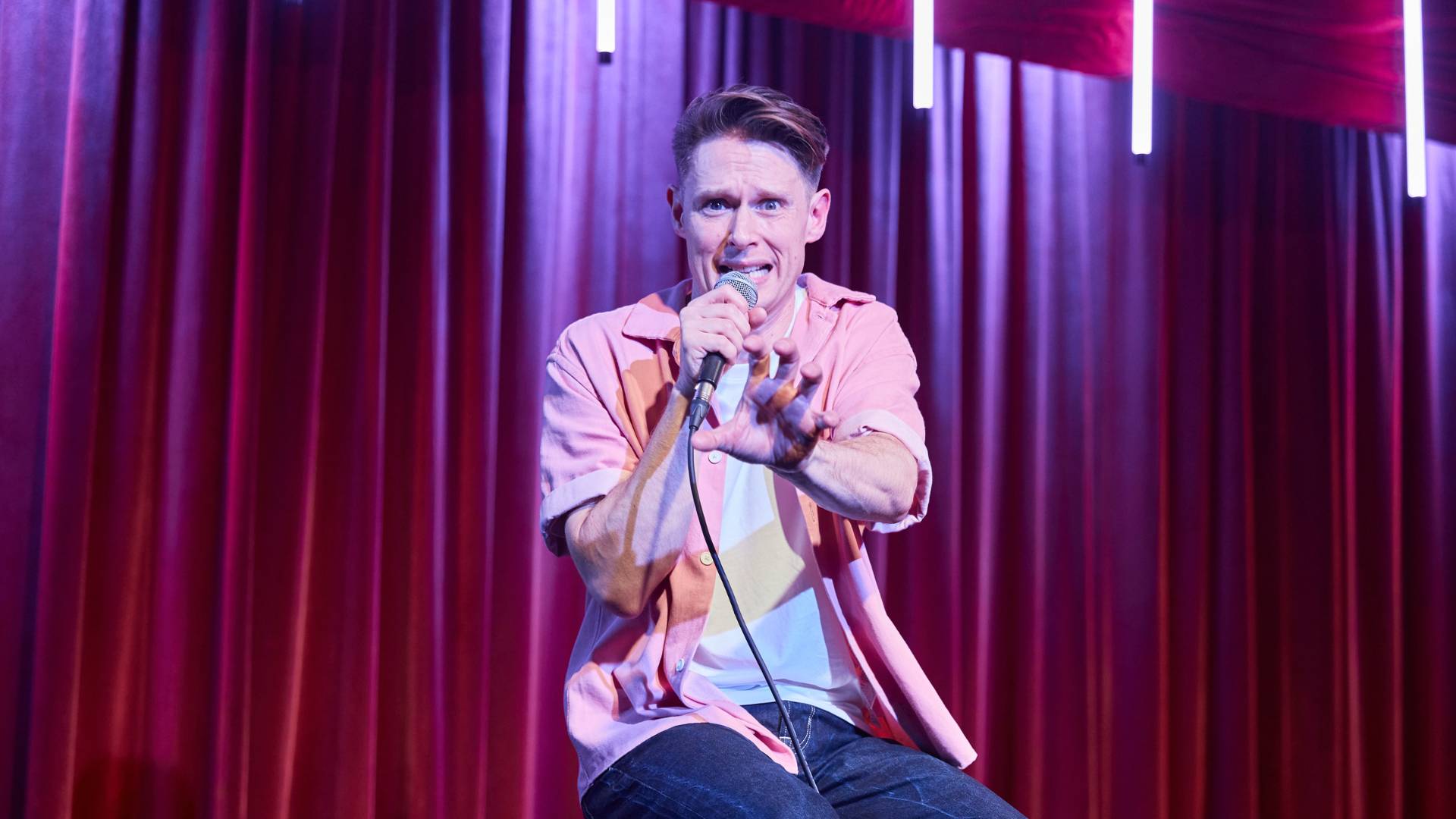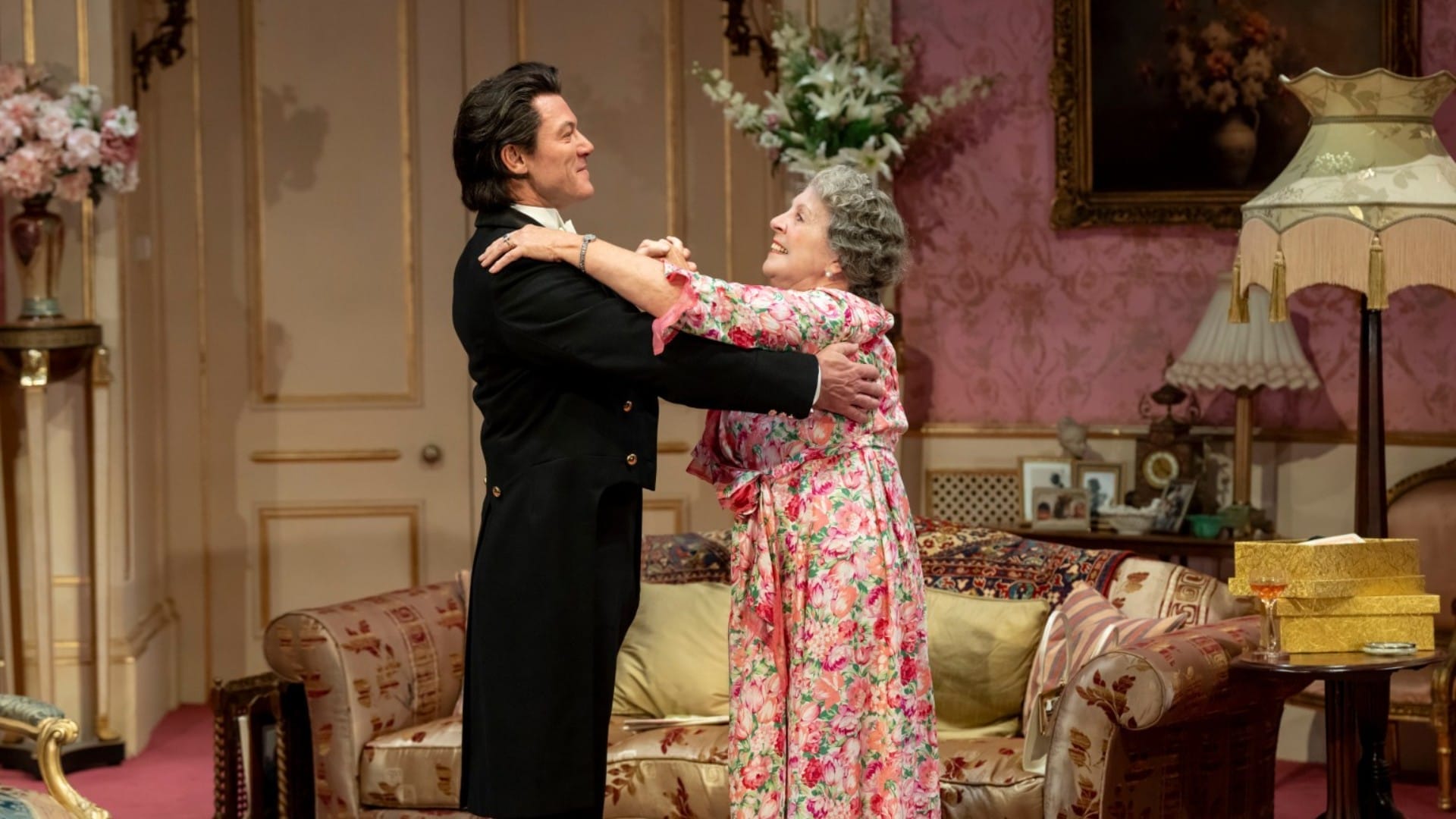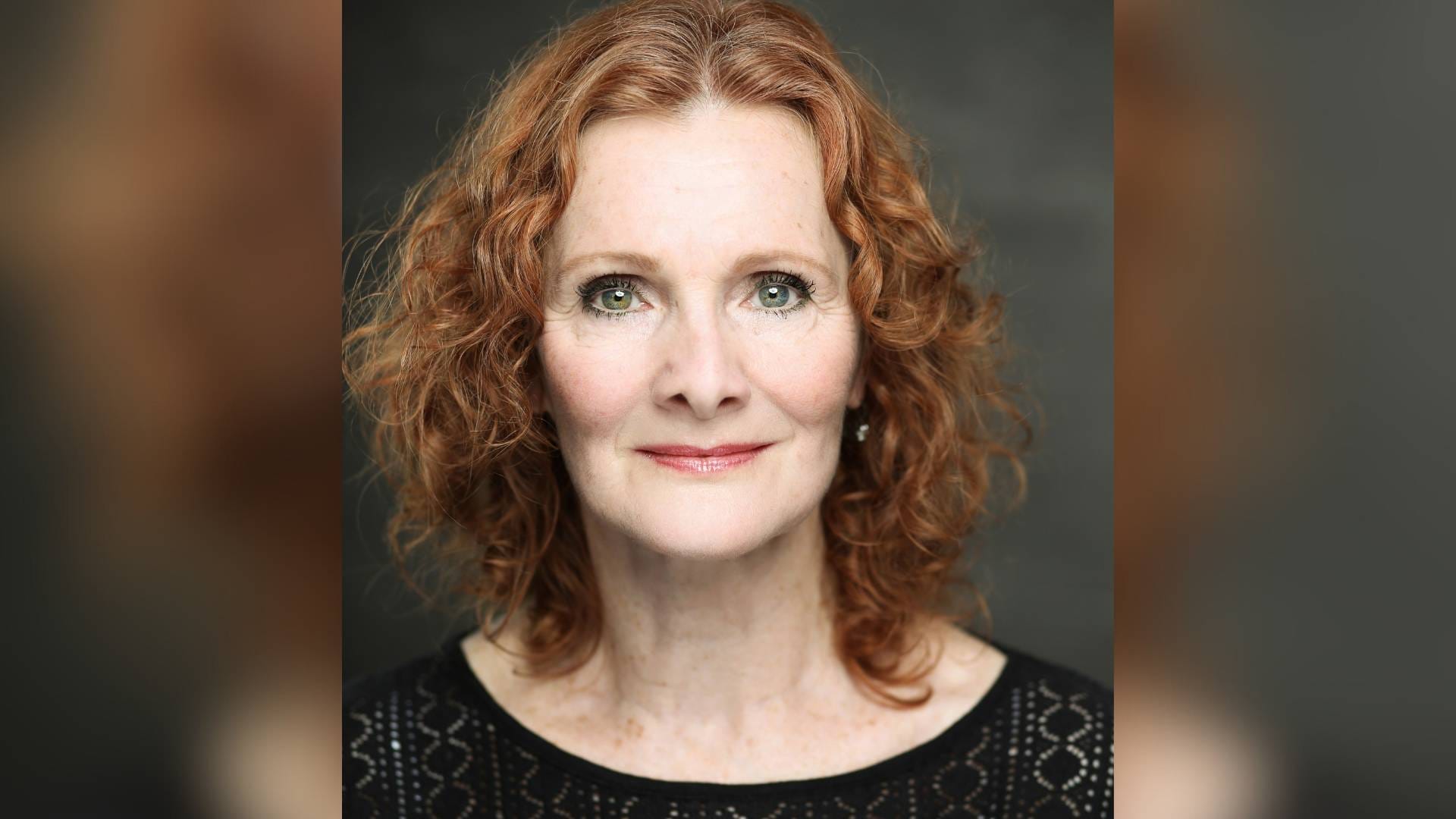Staged off-site at St Giles in-the-Fields church in Soho, The End of History is a specially-created play with music, by High Hearted Theatre in association with Soho Theatre, and takes a chance encounter to explore the impact of gentrification on two totally different individuals.
What happens when two totally different Londoners find themselves face to face on the worst day of their lives? Paul is a gay party boy working in property, Wendy is a single, 50 year-old working in the charity sector. They belong to two different London’s but have one thing in common; they’re both alone in the city. Writer, Marcelo Dos Santos tells us more.
The End of History is at St Giles in-the-Fields 5th – 23rd June 2018. Buy Tickets
What can you tell us about The End of History?
It’s about the struggle to find connection and community in a rapidly changing, politically divided London, told through a chance encounter between two radically different Londoners.
What made you want to write The End of History?
We felt very confused and alarmed by the amount of tribalism and political divisions after the last general election, divisions which seemed to find expression in the rapidly changing, increasingly unequal London we found ourselves living in. The location of the church, felt like it lent itself to an examination of the arguments about gentrification versus regeneration but also opened up ideas about community.
How did the Rector Alan Carr become involved?
The church has staged plays before and Alan approached us to help make a piece of theatre inspired by the church.
What wider themes does the play touch on?
Although it does touch on gentrification it’s more fundamentally about where we find community when everything is constantly changing and how easy it is it to feel isolated and estranged from each other. It also looks at some perhaps unexpected subject matter. One of the characters is gay and and the play looks at the loneliness which is sometimes a real feature of the gay scene. Both characters feel the need to compete constantly, albeit in very different ways, which reflects something of London which is increasingly hyper-individualised and hyper competitive.
What your association with Soho Theatre?
I have been a member of writers groups at Soho Theatre and Gemma is a member of Forward Theatre Project who have staged a number of productions at Soho Theatre.
What’s coming up for you next after this?
I’m currently working on a play for the Royal Court Theatre as well as developing TV projects.


